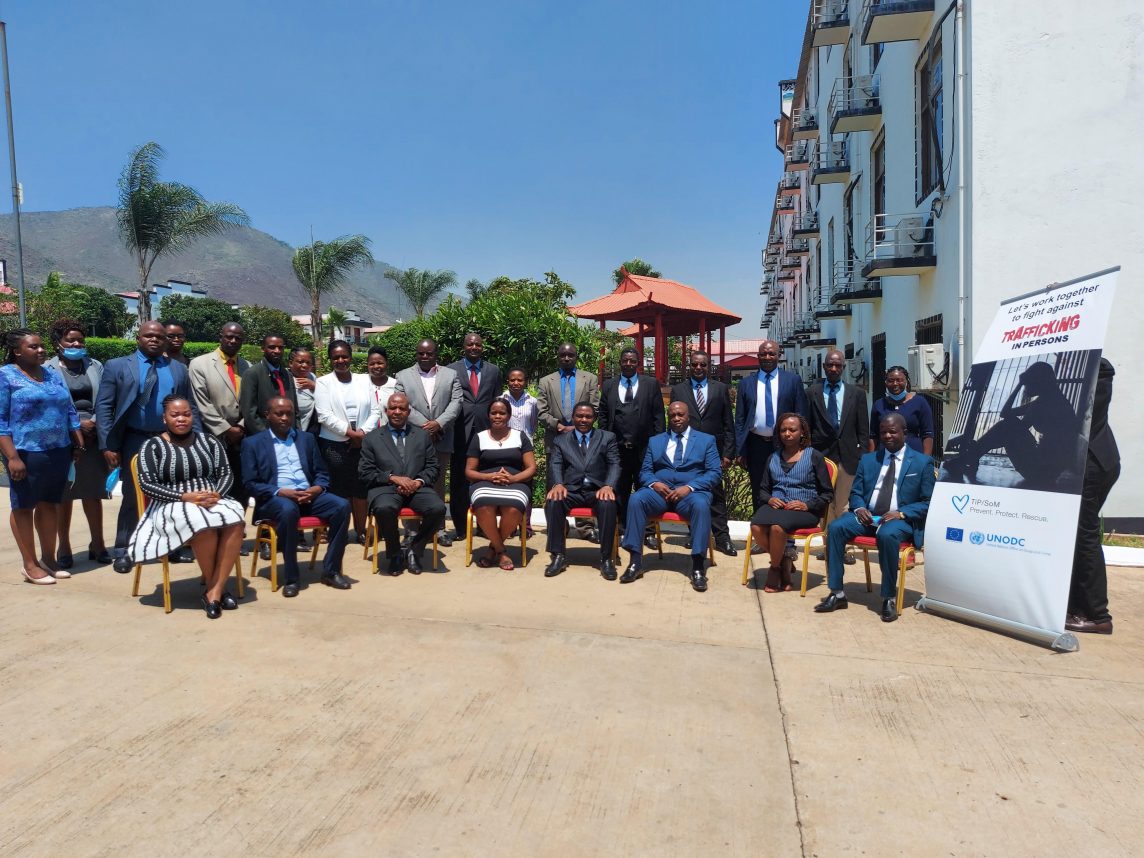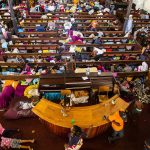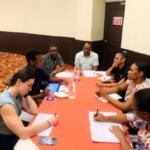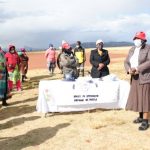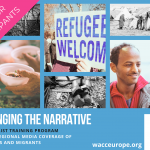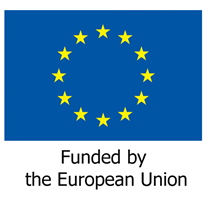 Mutare, 8-11 November 2021 – UNODC, under the framework of the Southern Africa Migration Management (SAMM) project and in collaboration with the Ministry of Home Affairs and Cultural Heritage facilitated a four-day training workshop from the 8 – 11 November 2021 on combating Trafficking in Persons (TIP) for members of the Anti-Trafficking Inter-Ministerial Committee (ATIMC) of Zimbabwe. The training workshop was convened in line with the priorities of the joint UNODC-SADC Regional Programme (2013 -2023) and also in line with UNODC Strategic Vision for Africa 2030, which aims to provide innovative ways to support Member States and stakeholders over the next 10 years to strengthen crime prevention, enhance the effectiveness of criminal justice systems, counter organized crime and corruption, promote balanced drug control and improve the rule of law. Furthermore, UNODC is committed to gender mainstreaming and exercises a proactive gender perspective in the process of assessing the implications of any planned action for both women and men, hence, the workshop was designed in line with UNODC Gender Strategy.
Mutare, 8-11 November 2021 – UNODC, under the framework of the Southern Africa Migration Management (SAMM) project and in collaboration with the Ministry of Home Affairs and Cultural Heritage facilitated a four-day training workshop from the 8 – 11 November 2021 on combating Trafficking in Persons (TIP) for members of the Anti-Trafficking Inter-Ministerial Committee (ATIMC) of Zimbabwe. The training workshop was convened in line with the priorities of the joint UNODC-SADC Regional Programme (2013 -2023) and also in line with UNODC Strategic Vision for Africa 2030, which aims to provide innovative ways to support Member States and stakeholders over the next 10 years to strengthen crime prevention, enhance the effectiveness of criminal justice systems, counter organized crime and corruption, promote balanced drug control and improve the rule of law. Furthermore, UNODC is committed to gender mainstreaming and exercises a proactive gender perspective in the process of assessing the implications of any planned action for both women and men, hence, the workshop was designed in line with UNODC Gender Strategy.
The main objectives of the workshop were to build capacity of members of the Anti-Trafficking Inter-Ministerial Committee (ATIMC) on the identification and investigations of TIP cases; to build the capacity of members of the ATIMC on TIP victim interview techniques; to build the capacity of members of the ATIMC on the international legal framework of TIP (including distinguishing TIP and the smuggling of migrants and to strengthen the coordination mechanisms of the ATIMC in the response to Trafficking in Persons (TIP). Human traffickers exploit domestic and foreign victims in Zimbabwe, and traffickers exploit victims from Zimbabwe abroad. Internal trafficking is prevalent and underreported. Traffickers exploit Zimbabwean adults and children in sex trafficking and forced labour, including in cattle herding, domestic service, and mining (gold and diamonds). More than 71 percent of child labour occurs in the agriculture (tobacco, sugarcane, and cotton), forestry, and fishing sectors, where children weed, spray, harvest, and pack goods. Zimbabwe is a transit country for Somalis, Ethiopians, Malawians, and Zambians end route to trafficking in South Africa. Zimbabwe is a destination for forced labour and sex trafficking. Traffickers’ subject Mozambican children to forced labour in street vending, including in Mbare.
Mozambican children who work on relatives’ farms in Zimbabwe are often undocumented and cannot enroll in school, which increases their vulnerability to traffickers (JTIP, 2021).
During the official opening of the workshop, the Permanent Secretary for Home Affairs and Cultural Heritage, Mr A.D.T. Nhepera said that “considering the dynamic nature of human trafficking and the technical expertise required to ensure that our strategies remain relevant, it is necessary to keep updating our knowledge and skills through such training workshops to allow us to execute our duties as expected”. He went on to say that “this training workshop is in line with the National Plan of Action which requires us to engage in capacity building through training workshops to equip all resource persons with the relevant knowledge and skills to fight human trafficking”.

Group discussion: Human Trafficking case analyses
Furthermore after the 4-day training workshop, the participants were able to describe indicators of human trafficking; distinguish human trafficking from smuggling of migrants; apply the correct techniques for interview victims of trafficking in persons and understand their roles and responsibilities in combating trafficking in persons in Zimbabwe. The training workshop was attended by Police officers, Immigration officials, Social workers, Prosecutors and labour inspectors who are all members of the Anti-Trafficking Inter-Ministerial Committee (ATIMC).
The Southern Africa Migration Management (SAMM) Project, funded by the European Commission, is a four-year project to improve migration management in the Southern Africa and Indian Ocean region. The SAMM Project is implemented by the ILO in collaboration with the International Organization for Migration (IOM), the United Nations Office on Drugs and Crime (UNODC) and the United Nations High Commissioner for Refugees (UNHCR). The overall objective of this programme is to improve migration management in the Southern Africa and Indian Ocean region.
 Português
Português